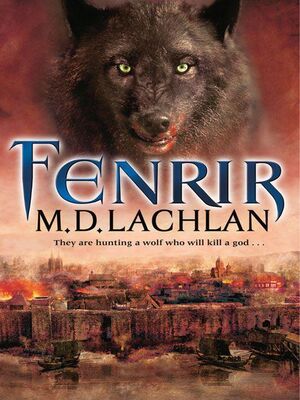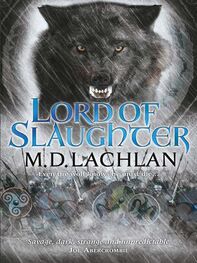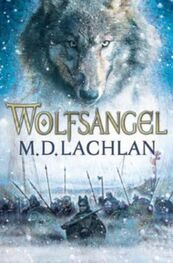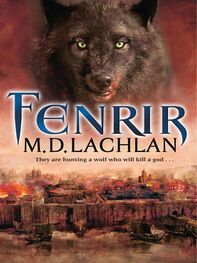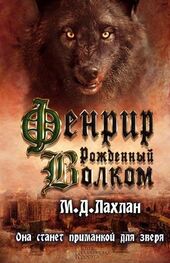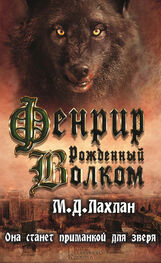‘Kill them. Take sixty men.’
‘Yes, khagan,’ said the warrior, and ran from the hall.
Helgi’s Destiny
The shaft had been very difficult to construct and had already cost the lives of three eastern slaves when it collapsed half dug. Now it was done, smooth-sided, the depth of three men, sunk down to where Gillingr’s tomb had been.
Aelis was led forward, a spear at her back. The pebble was a dead weight and she stumbled forward through the fog. There was no need to bind her. Since the stone had been placed around her neck her mind had felt slow, her limbs heavy. She could not have run if she had tried. The runes were silent inside her. At the mouth of the shaft she stood and looked around. The fog had sucked all the colour out of the landscape; black rocks lay on a grey hillside.
A straggle of people followed — curious women and children glad to get out of the town under the protection of the druzhina after so long locked in by the fog. The merchant came along too, on his mule, though he had finally given up on his swords and left them in the hall. He had heard what was to happen to Aelis and had no appetite for profit.
At the mouth of the shaft he dismounted and hobbled over to Helgi. He seemed to be imploring the king or asking him something, but she didn’t understand what. Her Norse had faded. However, she had lived before, she knew, and she remembered much of what had happened to her then, not as a story but as flashes of images, faces looming at her, visions of ships, of a burning village, of someone she cared for dead, butchered on a bed.
‘What is to happen to me, merchant?’ she asked in Roman.
Leshii was pale. ‘You are to go down the ladder. I am sorry, lady. I took you from your home for profit. I thought you would be his bride. I did not think this fate awaited you.’
Aelis looked around her. She turned to Helgi. ‘Is this the island?’ She spoke in Roman.
Helgi replied in Norse and she did not understand him.
He saw by her blank look that she did not and tried again in rough Roman: ‘What island?’
‘The island where you buried me before.’
‘You make no sense. Have you lost your Norse?’ Helgi was more certain than ever that he was following the right course of action.
‘He came for me then. He will come for me again.’
‘What is she saying?’ He turned to Leshii beside him.
‘She says he came for her before and will come for her again.’
‘Who?’
‘The wolf.’
‘You are the only wolf, lady.’
‘You will not kill me.’
Helgi rattled off something in Norse to the merchant who repeated slowly, ‘He does not intend to kill you. He intends you to live.’
‘In there?’
‘In there. For protection,’ said Helgi.
‘To the dark?’
‘To the dark. Though you are…’ He couldn’t think of the right Roman word so he gestured to some baskets containing blankets, food, flint and candles.
‘How long must I stay there?’
‘Until things are put right.’
‘For ever?’
Helgi spoke to Leshii again, and the little merchant translated: ‘Do you know who you are?’
‘A little broken thing,’ said Aelis.
‘Three would become one,’ said Helgi in ponderous Roman. ‘Cannot happen. One conqueror, one lord. Odin must wait.’
‘If I am so magical, how can you constrain me?’
Leshii translated and Helgi tapped the pebble at her neck. ‘Loki, Odin. Great wolf. No magic,’ he said.
Aelis had seen the stone’s effect on Jehan and knew what he was trying to say. What had happened to the confessor without it? Was he dead or, worse, transformed, his jaws red with murder? She felt more connected to the gods Helgi had mentioned than she did to the faith in which she had been raised. Her faith had always been one of duty rather than passion — she spent dull Sundays in church more interested in catching up on the gossip than hearing the works of Jesus. When Helgi spoke of the wolf and of Odin, she felt the truth of it in her bones. Look around at the world, she thought, and say it was made in the image of a gentle god.
When the gods saw that the wolf was fully bound, they took a fetter and lashed it to a rock called Scream. Why were those words so deep in her mind, why did she recall them instead of a prayer or a psalm?
‘The ladder,’ said Helgi.
Aelis put her hands to her neck to remove the pendant but she found she still could not. Her fingers wouldn’t do her bidding and she could not make them remove the thong.
‘Good proof,’ said Helgi. ‘Lady, it is time. Go into the mine.’
Aelis looked at the northern barbarian, his ridiculous kaftan, his ballooning trousers. She was of the line of Robert the Strong, more noble by far than he. So she would not struggle, would not weep. Instead she smiled at him. ‘When you war with gods, first be sure your grave is dug, barbarian. Your men who sweated to make this hole will sweat over their spades for you before long, I think.’ She spat at him, and from somewhere words came back to her: ‘ I dag deyr thu.’
‘This will be my death day?’ said Helgi. ‘Perhaps, and perhaps not. Horse will kill me. Foreseen. Have no horse, so I am a safe man.’
‘The gods do not like to hear such talk,’ said Aelis. ‘They may take that as a challenge.’
Helgi understood little of what she said but grasped its sentiment well enough. He pursed his lips. ‘Fine woman, you,’ he said. ‘Sorry to do this. It is the only way.’
Aelis turned away from him to show that he was beneath her notice. Then she went to the ladder and climbed down. It was drawn up and the baskets were lowered after her. She looked up. There was a square of grey light. Helgi looked down at her.
‘Tunnels are warm lower down,’ said Helgi. ‘You live, I promise. Here to live, not die.’
From down the river a wolf was howling.
‘And you will die very soon,’ said Aelis. ‘My promise holds equally true.’
Helgi turned to his warriors. ‘Who am I?’
‘Helgi the Prophet!’ they shouted as one.
‘What is Helgi’s destiny?’
‘To be killed by his horse!’
‘How many horses does Helgi own?’
‘None?’
‘Then who can oppose him?’
‘No man!’
‘Who can oppose him?’
‘No man!’
From down on the river past the town came the sound of a great crash and then men shouting. Leshii looked around. Helgi’s men had found his friends.
‘Who can oppose him?’ Helgi had his sword in the air, waving it above his head.
‘No man!’
The druzhina cheered and howled, banging on their shields.
Leshii came up behind the khagan. He slipped the knife from his waistband, the silk cutter he had used on Aelis’s hair, and drove it hard into Helgi’s back.
‘I am your mule, khagan, so men call me,’ he said, ‘though in reality I am a just a little man, unconsidered by kings and heroes.’
Helgi’s hand went to his back and clawed at the knife, but it would not come out.
‘Svava,’ said Helgi. He tried to say something more but couldn’t. He took a pace, stumbled and fell into the shaft.
Then the druzhina cut Leshii down.
Brave Fatty
Ofaeti and Hugin sat by the brazier with the guards.
‘This is a curious vessel,’ said Ofaeti, ‘a ship with no oarsmen but a deal of blood here frozen on the boards.’
Hugin stared into the mist. The riverbanks were no more than shadows, but on the one furthest from the boat was another shadow — not a rock, he was sure. He sniffed hard. There was a smell to it. Wolf.
‘There’s something out there,’ he said. ‘A wolf.’
Читать дальше